The seminar was organized to concretize the National Strategy on developing cultural industries associated with sustainable tourism . The event attracted the participation of many cultural experts, managers, businesses and organizations operating in the field of tourism and heritage.
The cultural industry is not only an economic sector with high added value, but also an important foundation for promoting green and sustainable development models, especially in the tourism sector. With a rich cave system, majestic natural landscapes and a rich cultural and historical heritage, Vietnam in general and Quang Ninh in particular possess great potential to exploit cave tourism in a creative, modern and unique direction.
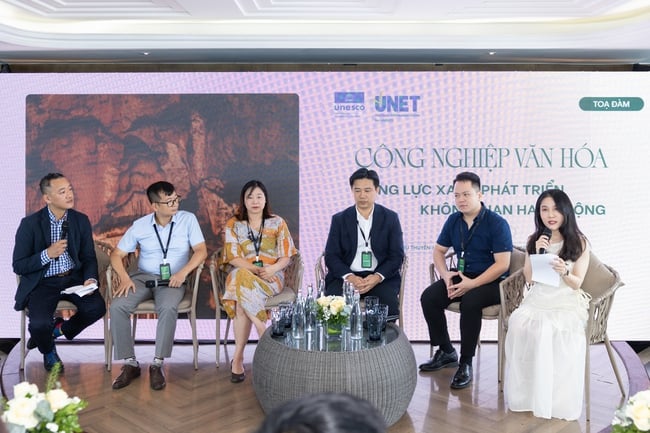
Experts and speakers share at the seminar
However, cave tourism in many places is currently still at the level of "sightseeing", lacking depth of experience and creative elements. The application of cultural industries - from lighting design, heritage storytelling, installation art, multimedia performances, to souvenir products, heritageeducation programs - is the key to elevating this type of tourism.
Sharing at the seminar, Deputy Head of the Faculty of Tourism, Hanoi University of Culture, Dr. Do Tran Phuong said: Caves are natural spaces that have been associated with humans for thousands of years, and now, people have begun to return to experience caves. In recent years, cave tourism activities have mainly revolved around visiting caves with majestic natural beauty or associated with historical relics.
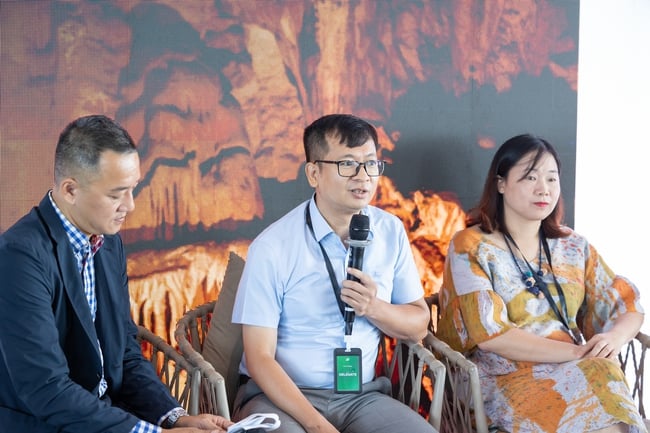
Deputy Head of the Faculty of Tourism, Hanoi University of Culture, Dr. Do Tran Phuong shared at the seminar
"Currently, a new trend is being implemented which is applying cultural industry to develop tourism products in cave spaces. Applying cultural industry to cave tourism products is very important because the needs of tourists are always changing. If we only rely on the old, rely on what is available, it will not be possible to meet the needs of tourists at present and in the future. Therefore, renewing products, to make the product life cycle longer and increase the sense of experience for tourists, is very necessary, not only for caves but all other types of tourism also need to change" - Dr. Do Tran Phuong said.
Therefore, to develop cave tourism in a sustainable, effective and unique way, Dr. Do Tran Phuong believes that the integration of cultural industry elements must adhere to three core principles: Truth - Goodness - Beauty.
The first principle of "genuine" is understood as tourism exploitation must be in accordance with the law, with the permission and supervision of State agencies. At the same time, it must comply with the principles and commitments in preserving heritage, protecting the ecological environment and the original cultural values of the cave. The second principle of "good" means that tourism development must bring benefits to many parties: tourists have positive experiences; local people have the opportunity to create livelihoods, increase income; local authorities and communities benefit from infrastructure and accompanying services. Finally, the third principle of "beauty", we must create impressive and inspiring tourism products. Space, landscape and accompanying cultural and artistic products need to be designed harmoniously and delicately, creating a special impression in the hearts of tourists. From there, tourists will remember and want to return.
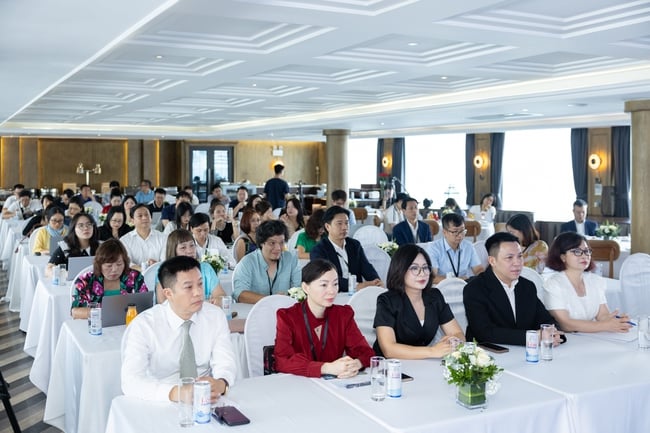
The event attracted the participation of many cultural experts, managers, businesses and organizations operating in the field of tourism and heritage.
Sharing the same view, Lecturer of the Faculty of Cultural Industry and Heritage, School of Interdisciplinary Sciences and Arts - Hanoi National University, Dr. Lu Thi Thanh Le shared: Vietnam has very special and sacred natural wonders, so currently, we need to think about how to develop tourism products from these places in the current context, which is very necessary.
However, in developing tourism products from heritages and natural wonders, the story of ancient landscapes and how they are preserved and promoted in contemporary life is still a question that many experts and heritage researchers are concerned about. Relevant parties, including UNESCO, are trying to find ways to preserve and promote heritage values in a sustainable way, in harmony with the development needs of the locality and the country.
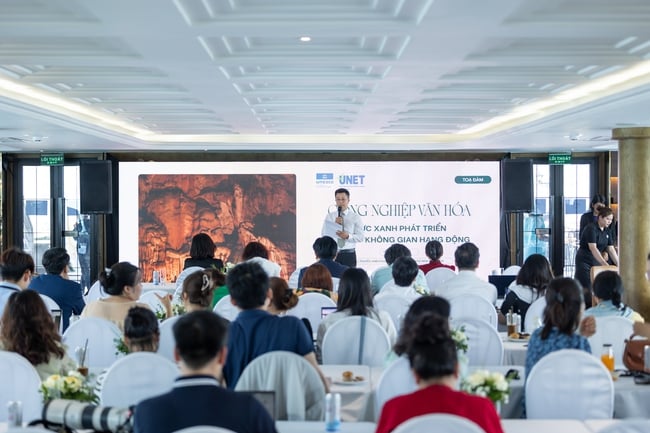
Seminar scene
"I believe that developing cultural industries based on locations associated with cultural heritage and local memories is very important. However, when developing tourism products, organizers need to connect with local communities, ensuring that heritage remains their pride, while considering environmental factors and ensuring that business activities do not harm the ecosystem. At the same time, organizations also need to consult experts to make the best decisions during operations. With comprehensive considerations of culture, society and environment, I believe businesses can develop unique cultural products, contributing to preserving heritage and creating pride for local communities" - Dr. Lu Thi Thanh Le emphasized.
Within the framework of the discussion, experts and delegates also shared many models and practical experiences domestically and internationally, showing the great potential of applying cultural industry in preserving and exploiting the value of cave heritage.
Source: https://bvhttdl.gov.vn/hien-ke-phat-trien-du-lich-hang-dong-gan-voi-cong-nghiep-van-hoa-20250605161401811.htm










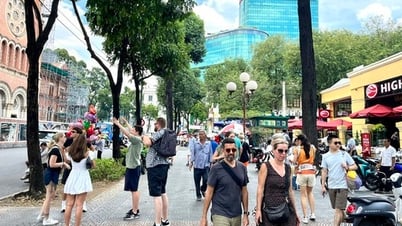


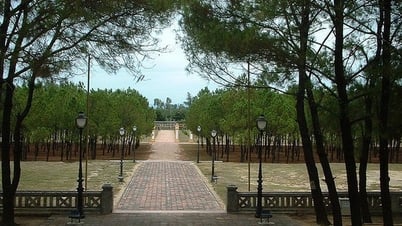




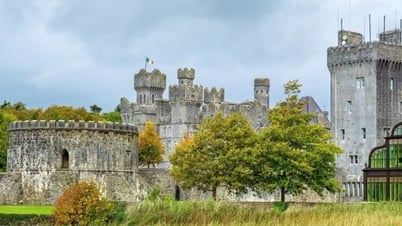



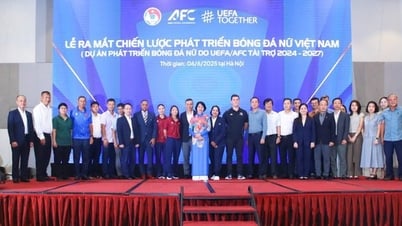
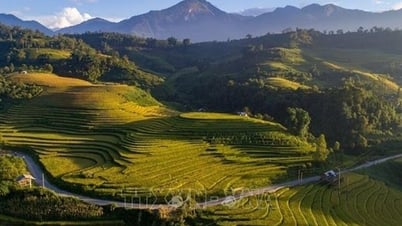
































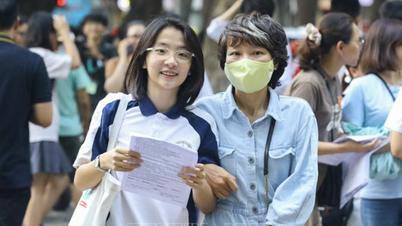
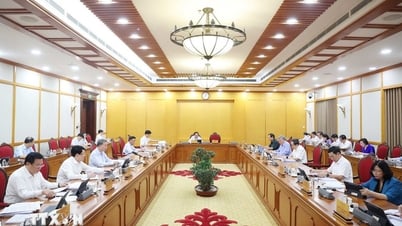



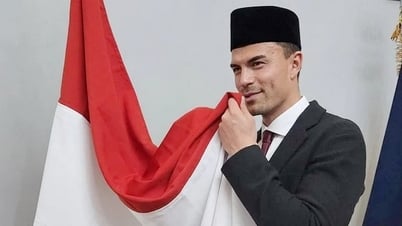
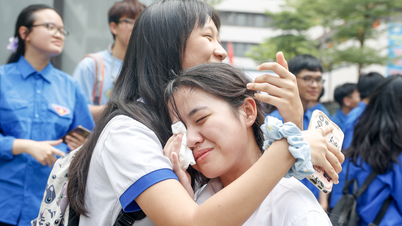
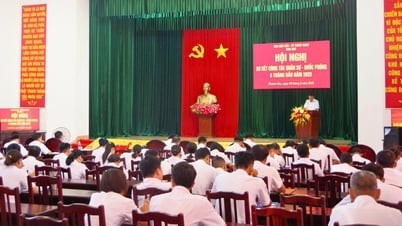



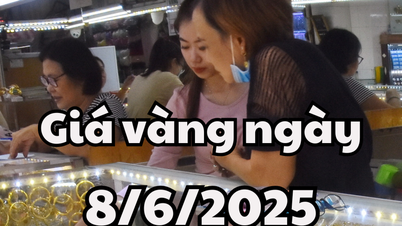

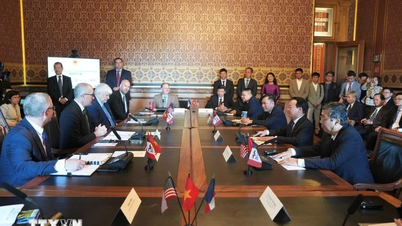



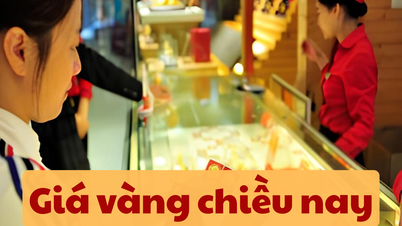







![[OCOP REVIEW] Tu Duyen Syrup - The essence of herbs from the mountains and forests of Nhu Thanh](https://vphoto.vietnam.vn/thumb/402x226/vietnam/resource/IMAGE/2025/6/5/58ca32fce4ec44039e444fbfae7e75ec)



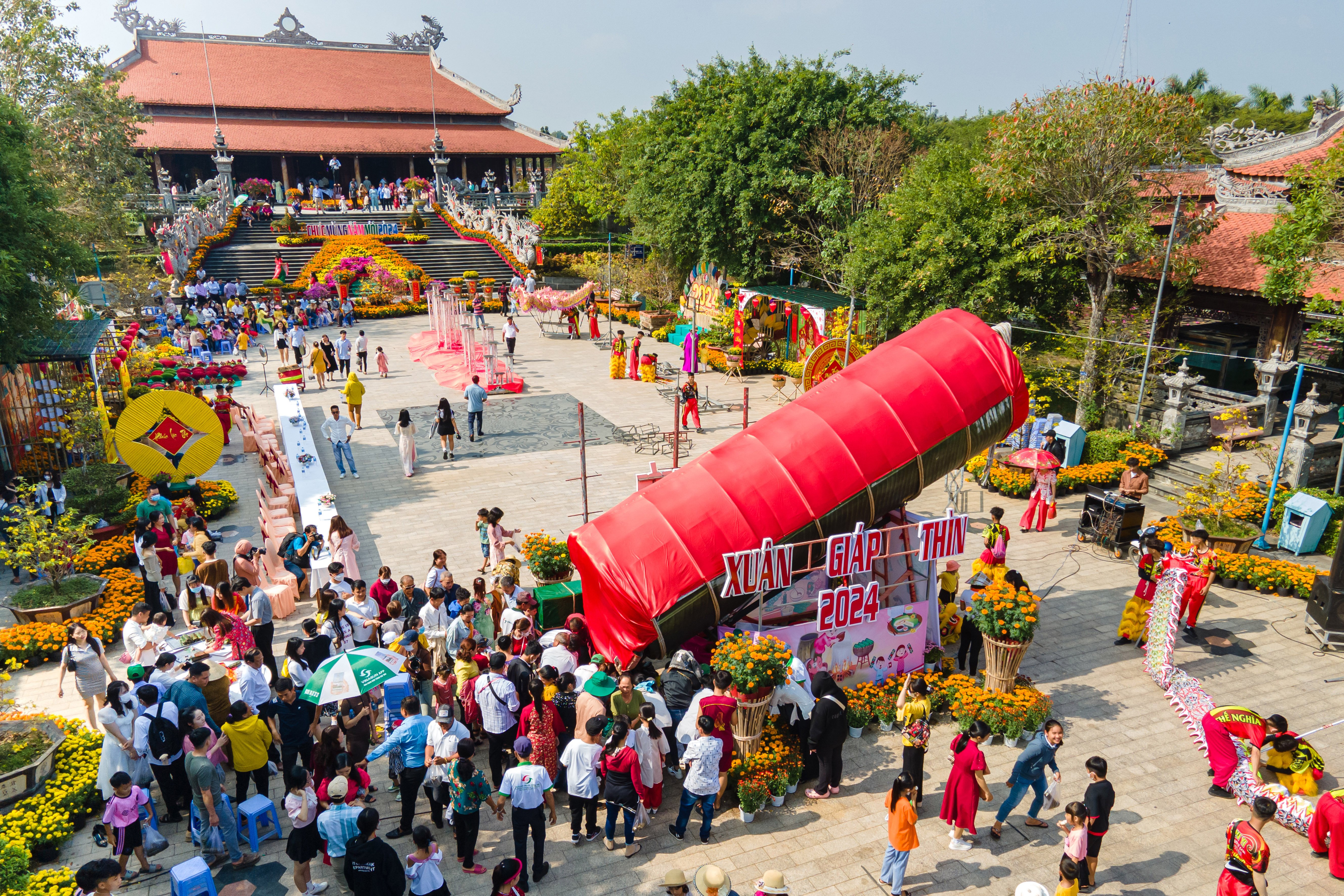
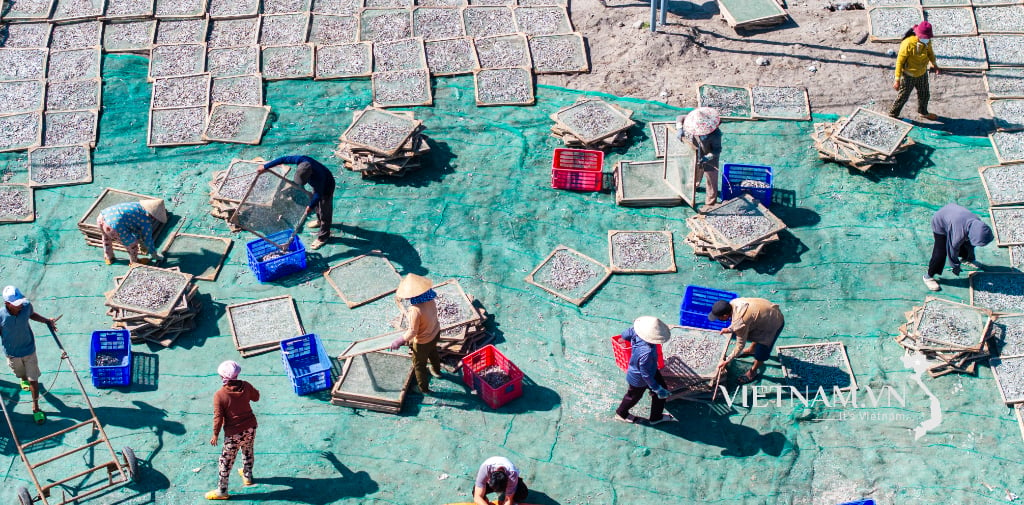
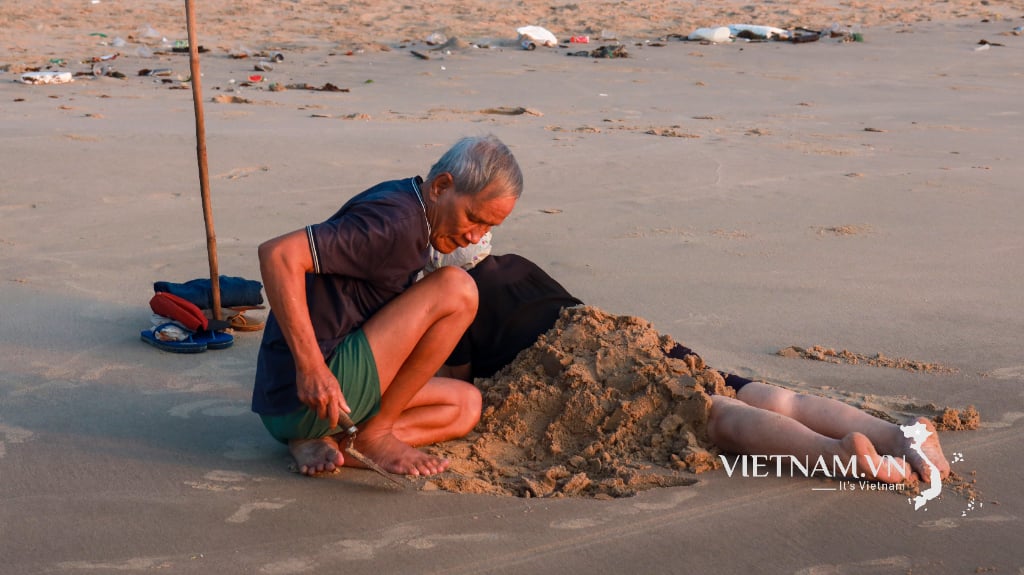
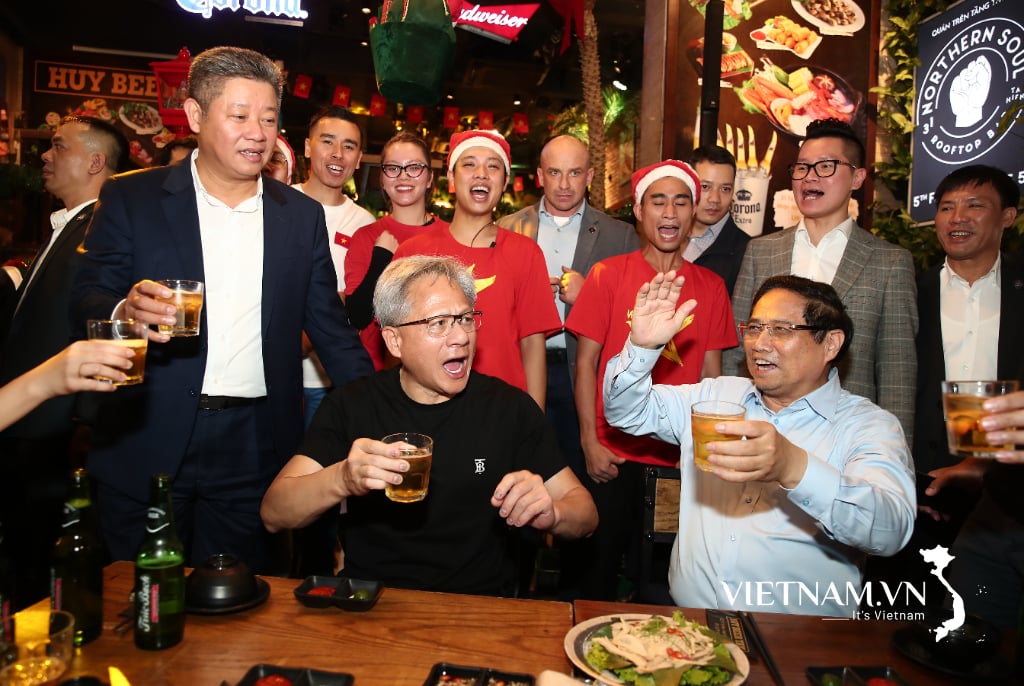
Comment (0)